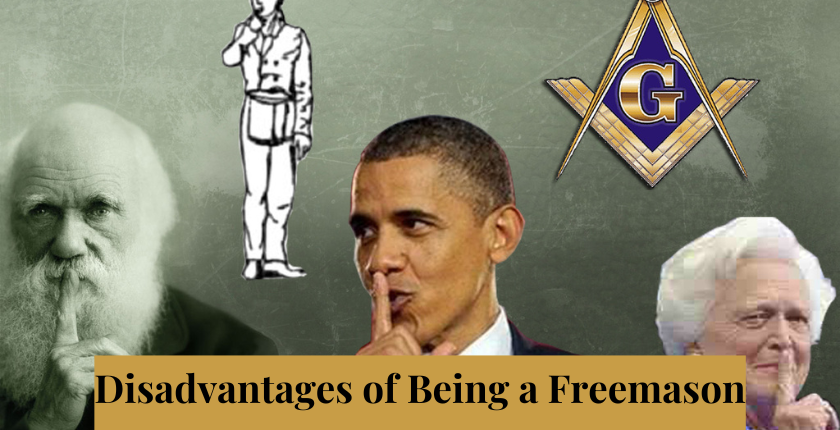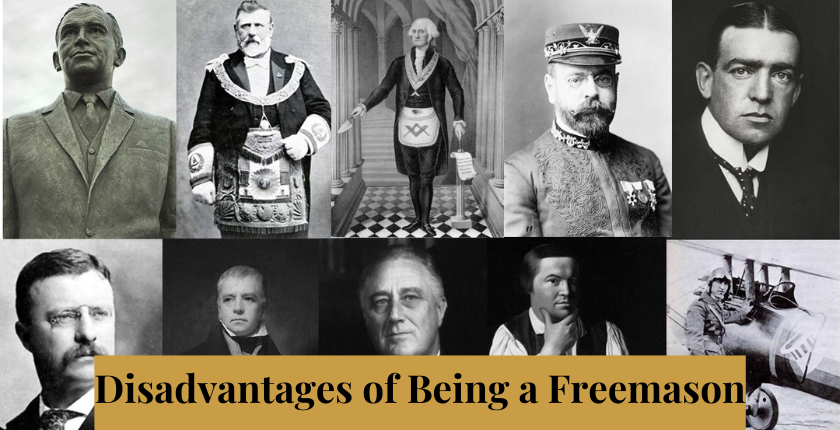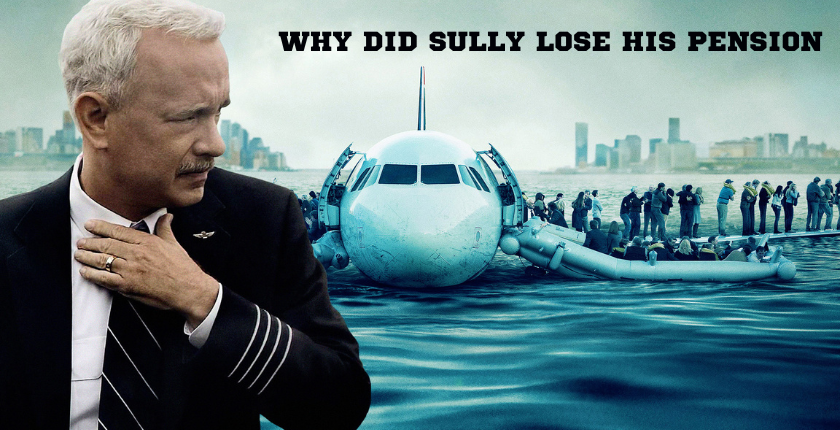Table of Contents
Discover the Disadvantages of Being a Freemason – a candid look into the flip side. Is it all rituals and brotherhood? Uncover the truth here.
Freemasonry, with its long history shrouded in secrecy and ritual, has been a topic of fascination and speculation for hundreds of years. While many perceive it as a one-of-a-kind brotherhood focused on philanthropy and self-development, some argue that being a Freemason comes with its set of negative aspects. In this blog post, we can delve into the much less-explored aspects of Freemasonry and shed mild on the 10 risks that a few individuals companion with the club in this ancient fraternity.
Read also: Record of the Mightiest Lord Chapter 1

10 Disadvantages of Being a Freemason
The Oath of Secrecy and Exclusivity
Joining the Freemasons involves taking solemn oaths of secrecy, pledging to keep the organization’s rituals, symbols, and modes of recognition confidential. This commitment to exclusivity can create a sense of alienation for members who may find it challenging to discuss their experiences or involvement with others outside the fraternity.
Impact on Personal Relationships
The secretive nature of Freemasonry can strain personal relationships, especially when non-member family and friends feel excluded from a significant part of a loved one’s life. Maintaining a balance between Masonic obligations and personal connections can be a delicate task, leading to potential conflicts and misunderstandings.
Time Commitments and Priorities
Freemasonry requires a considerable time commitment, with regular meetings, ceremonies, and community service activities. This can interfere with an individual’s personal and professional life, making it challenging to balance Masonic duties with other responsibilities and priorities.
Allegations of Influence and Conspiracy
Freemasonry has often been associated with conspiracy theories and allegations of wielding undue influence in various spheres of society. Members may find themselves subject to suspicion or skepticism, facing challenges in their public and professional lives due to the perceived secretive and influential nature of the fraternity.
Financial Obligations
Membership in the Freemasons comes with financial responsibilities, including dues, charitable contributions, and potential expenses related to Masonic regalia and events. These financial obligations may become burdensome for some members, especially those facing economic challenges or changes in their financial circumstances.
Lack of Diversity and Inclusivity
Critics argue that Freemasonry has historically struggled with issues of diversity and inclusivity. The fraternity has often been perceived as exclusive, with certain lodges facing criticism for their lack of diversity in terms of race, gender, and socio-economic background. This lack of inclusivity can be a disadvantage for members who value diversity and broader representation.
Impact on Professional Advancement
The secretive nature of Freemasonry, combined with conspiracy theories and perceptions of influence, can potentially impact a member’s professional advancement. In some industries and regions, being associated with the fraternity may be viewed negatively, hindering career opportunities and advancement.
Balancing Secrecy and Transparency
Members often face the challenge of balancing the oath of secrecy with the desire for transparency in their personal and professional lives. This internal conflict can create stress and internal tension as individuals navigate the fine line between honoring their Masonic obligations and being open with those around them.
Misconceptions and Stereotypes
Freemasonry has been the subject of numerous misconceptions and stereotypes, perpetuated by popular culture and conspiracy theories. Members may find themselves constantly dispelling myths and defending their association with the fraternity, leading to frustration and a sense of being misunderstood.
Ritualistic Nature and Personal Comfort
The ritualistic ceremonies and symbols fundamental to Freemasonry might not resonate with every person. Some participants can also find the rituals uncomfortable or sense that they clash with their personal beliefs and values. This pain can be a massive drawback for people who want to reconcile the ritualistic elements of Freemasonry with their views.
Final Words
While Freemasonry has performed a big role in records, philanthropy, and private development, it’s far essential to be renowned and understand the capacity disadvantages associated with being a member. The dedication to secrecy, impact on personal relationships, financial duties, and demanding situations in expert life are aspects that people should carefully consider before determining to enroll in this historic fraternity. Ultimately, the choice to grow to be a Freemason is a non-public one, and prospective participants ought to weigh the benefits in opposition to those capability risks to make an informed choice that aligns with their values and priorities.




